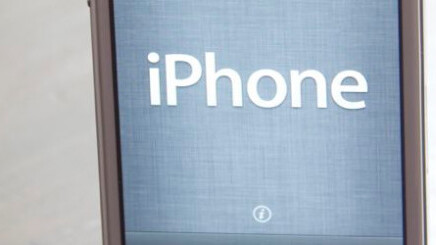
The engineering team at French firm Applidium has claimed to have hacked Siri’s security protocol and the format that it uses to communicate with Apple’s iPhone 4S. This means that the Siri voice assistant feature can technically now be used by other applications or devices, although there are some caveats.
The engineers at Applidium have managed to do some work to crack the protocol that Siri uses to communicate with the iPhone 4S, and that the device uses to talk to Siri.
The details are mostly technical, but the group has provided the tools that it used to decipher the protocol. These should enable other intrepid developers to enable Siri in any application, running on almost any platform that can send the proper commands.
They made a demo recording using the protocol to send a command to Siri without using an iPhone, and Siri responded:
The process does have a pretty big caveat though, as it requires the unique identifier of an iPhone 4S to use as a calling card. This could give Apple the ability to block any ID that was used in this manner, although it shouldn’t stop developers from using it for their personal use.
Doubtless Apple can track Siri interaction down to a UID if it tried, and if a ton more inquiries were made using one UID, from different IP addresses, it’s conceivable it could be flagged and blacklisted.
Some interesting details from the group include the fact that the protocol contains a ton of information, including the confidence level it has in every word’s translation and a timestamp for each word. Siri also sends raw audio data to Apple’s servers that is compressed with the Speex codec, often used in VOIP applications.
If you’re a developer that finds this intriguing, head over to Applidium’s post to check it out.
Siri, an iPhone 4S-exclusive feature has proved a fascinating case for hackers and modders already, and there is a project underway to port it to the iPhone 4 and the iPad. This has nothing to do with the work that Applidium has done, however.
Get the TNW newsletter
Get the most important tech news in your inbox each week.





